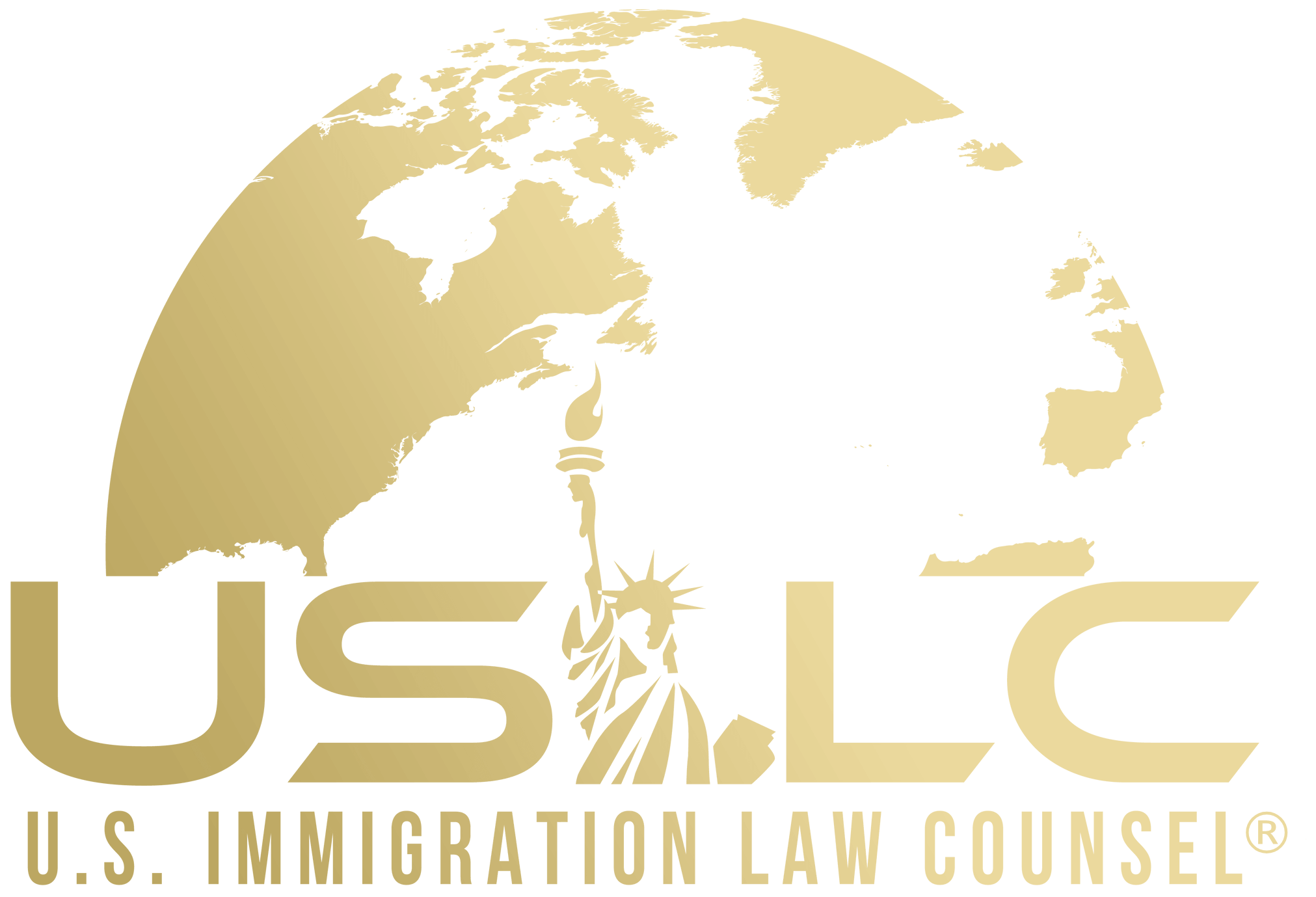If you have entered the United States with a visa, there is a due date when this is no longer valid, and you will have to go to your country of origin. It is crucial that you understand your authorized stay period since there are several consequences for overstaying a visa in the USA. If you act ahead of time, there are options available that can help you to stay in the United States for longer with a visa extension. Here is everything you need to know about overstaying a visa in the USA and the potential penalties involved.
Consequences of Overstaying on a Visa in the U.S.
Anytime anyone enters the United States with a visa, there will be a date outlined where this visa will not be valid anymore. As someone who is visiting the United States lawfully from another country but isn’t a resident or green card holder, you have to leave the U.S. by that specific date.
When you enter the U.S. with a visa you will have access to a form called the I-94, which is where the day that you must depart is recorded. You can access this form online at any time to ensure that you understand when your authorized stay period ends.
The penalty for overstaying a U.S. visa can be quite severe, especially if you do not have a valid reason for the overstay. Here are some examples of the punishment for overstaying a USA visa:
- Visa cancellation: Even if you overstay the due date on your visa by just one day, this will automatically cause your visa to be canceled. When this happens, it will no longer be valid for entry and you will have to apply for another visa from a U.S. consulate in your country of nationality.
- Bars you from adjustment of status: If you want to go through the process known as adjustment of status so that you can stay in the U.S., overstaying on a visa can bar you from being able to do this. This doesn’t necessarily mean you can never get a green card, but it means that you will have to go through consular processing, which can be more complex and time-consuming.
- Deportation: One of the worst consequences of overstaying a visa in the U.S. is deportation. Deportation can be a very stressful process as you will be legally removed from the United States and this can ultimately harm your immigration record.
- Unlawful Presence: If you have overstayed by 180 days, this is considered to be an unlawful presence, which will result in deportation. Additionally, being deported for overstaying your visa can result in you being barred from returning to the U.S. for three years.
When you want to come to the U.S. with a visa, you need to hire an immigration attorney to assist you with this process. Not only will they help you with the application process, but they will also ensure you understand the rules you must abide by, including when your stay will end.
Long-Term Consequences of Overstaying a Visa
The consequences of overstaying in the U.S. can be very severe and can have a long-term impact on future immigration benefits. This is especially true if you overstay by 180 days, which triggers the unlawful presence inadmissibility bar, which can prohibit you from returning to the U.S. Not only does overstaying by 180 days prevent you from returning for three years, but if you overstay by a year, this can result in a 10-year bar.
Going through removal proceedings after your period of stay has passed can also have long-term implications. Any type of removal proceedings can result in greater difficulty getting visas in the future.
If you are facing any of these consequences, the first thing you need to do is hire an immigration attorney to represent you. Even those who are in the U.S. with a visa have certain rights that the law will need to uphold. An immigration attorney can help you get the best possible outcome so that there is a greater likelihood of you being able to return to the U.S. at a later date.
An immigration attorney can also help you present any unique situation or exemptions that can help your case and result in milder penalties.
Acting Before It’s Too Late
When you legally come to the United States with a visa, you need to understand what your period of authorized stay means. This is the amount of time that you are allowed to remain in the United States before you have to return to your own country. It is now easier than ever to find this information since it is now provided on the U.S. Customs and Border Protection website through the I-94 page.
There are situations where you may want to stay in the U.S. for longer, and if this is so, you need to act before the due date is up. If you pass the due date on your visa, it becomes much more challenging to remain in the U.S. or maintain your immigration rights.
There is an option to extend your stay if you submit an extension application before your period of authorized stay ends. You may be able to request an extension by filing form I-539 and submitting it to the USCIS. You usually have a better chance of having your extension approved if there is a valid reason for this, such as having a job lined up that you need to be in the U.S. for.
As long as you file your extension before your period of authorized day ends, it also won’t matter if you do not receive an approval by the USCIS before the due date comes up as it will show that you went through the necessary legal steps beforehand.
Hire an Immigration Attorney Today
Do you need help navigating your authorized period of stay or a visa extension application? Contact us today at U.S. Immigration Law Counsel at 800-666-4996 to speak with an immigration attorney about your situation. We will deal with the government, so you don’t have to!





